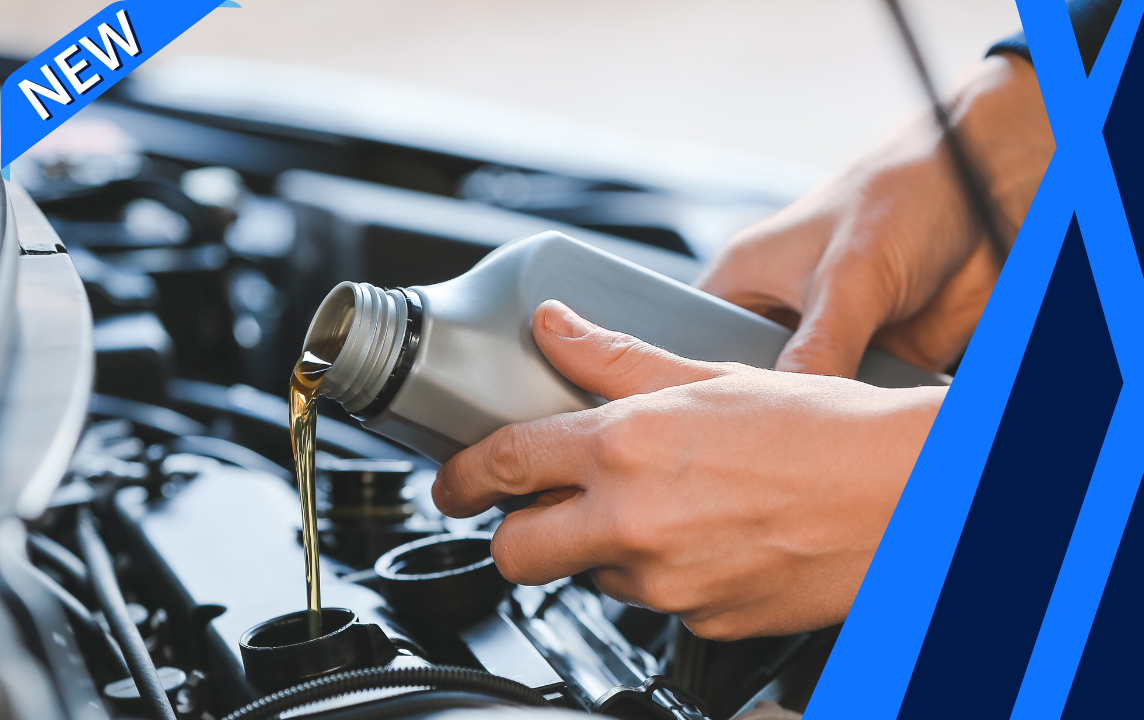Description
Brake pedal is lower than usual inspection
How this system works:
A hydraulic brake system relies on brake fluid to transfer the pressure from the brake pedal to the brake pads. When you depress the pedal it puts pressure on the master cylinder, which opens the door for brake fluid to flow into the compensating port, which increases the pressure in the hydraulic system. The master cylinder then applies pressure to the brake pads, and when your foot comes off the pedal, the system is reversed.
Common reasons for this to happen:
Air in the hydraulic system: The hydraulic system operates without air, but over time air can creep into the system. Since the purpose of the fluid in the brake system is to cause pressure, the air eliminates some of the much-needed pressure. This primarily happens as your brake pads wear: the more they wear, the more fluid is needed to apply the proper braking power. When extra fluid is used, air fills the void, and the pressure decreases, which lowers the pedal.
Bad brake lines: Brake lines are made of both steel and rubber. Hard steel brake lines allow the brake fluid from the components, such as the master cylinder and proportioning valve, to travel to the disc brake callipers and wheel cylinders. The rubber brake line is used at each wheel to connect the steel brake lines to the callipers and wheel cylinders. Over time, steel brake lines can rust and corrode which can make these lines leak. This rust can also contaminate the brake fluid, which can cause the tearing of rubber seals in the master cylinder and brake callipers. The rubber brake lines may also deteriorate due to moisture and heat causing them to fail or collapse internally. Any of these symptoms will create leaks in the hydraulic brake system and give you a soft or spongy pedal.
Master cylinder leak: If the master cylinder is leaking, the pressure in your braking system will dissipate rapidly. As the pressure in the system goes, so too does the pressure in the pedal.
Rear brakes need adjusting: When rear drum brakes wear, the distance between the shoes and the drums begins to increase. The brake pedal will then make up this gap. If the drums are neglected, the gap will expand, and the pedal will sink into the floor as all the pressure is transferred to the rear brakes. Some vehicles come with auto-adjusting drum brakes, but many need manual adjusting.
Clogged proportioning valve: The proportioning valve regulates the amount of pressure that the brake fluid is putting on the rear brakes. When the valve is clogged, too much pressure is applied to the brakes. The outputted pressure to the brakes comes at the expense of the pedal.
What to expect:
A top-rated mobile mechanic will come to your home or office to determine the source and cause of the brake system issue, and will then provide a detailed inspection report that includes the scope and cost of the necessary repairs.
How it’s done:
The mechanic will likely bleed your brake fluid so that any air can get out. After doing that and replacing the fluid, they’ll check your brakes to see if they need adjusting. If the issue is still not resolved, they’ll dig deeper into the master cylinder and proportioning valve until they find the culprit.
How important is this service?
Without proper brake pressure, it is not safe to drive your vehicle. If you find that your brake pedal has sunk to the floor, book a mechanic to diagnose the issue as soon as possible.




